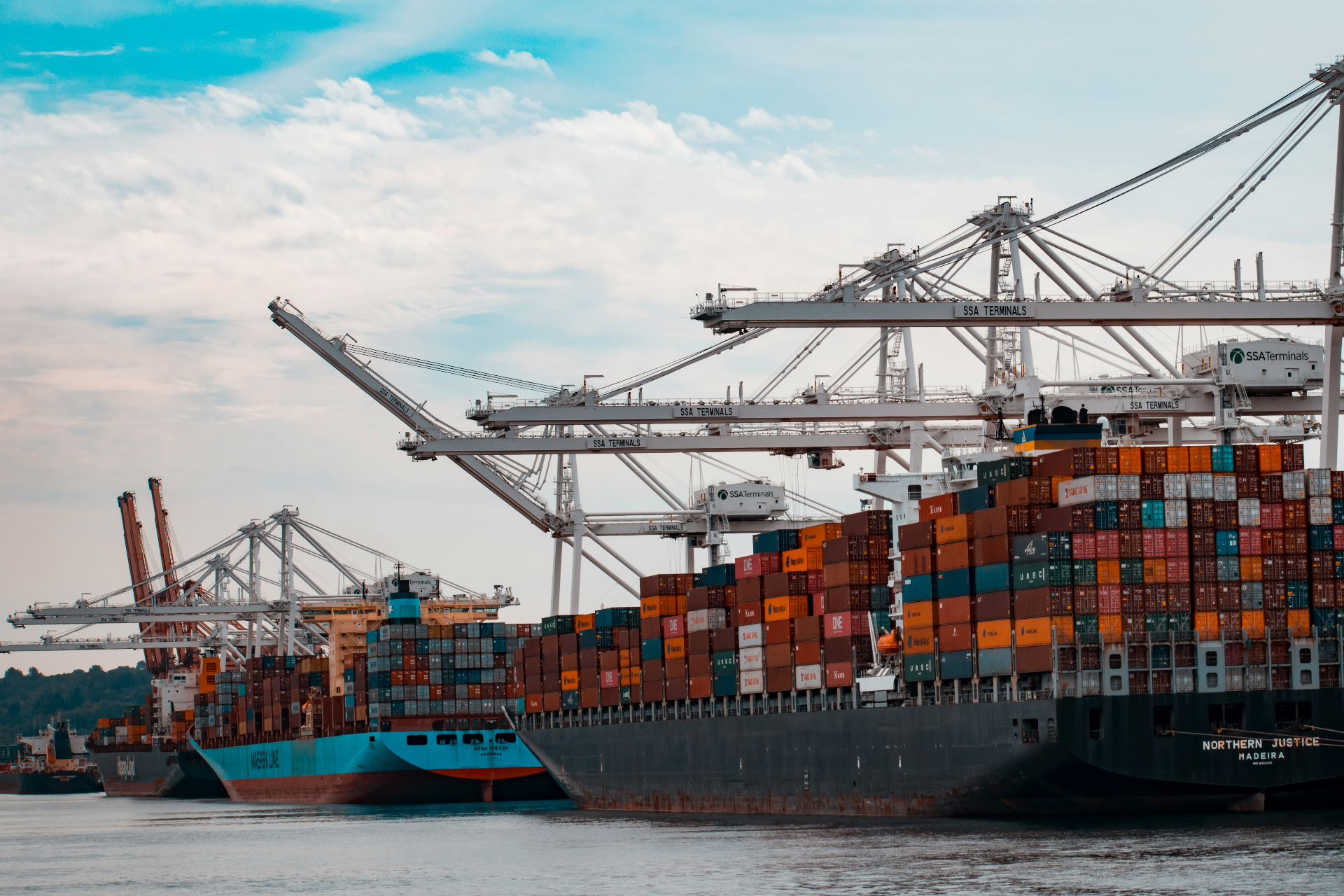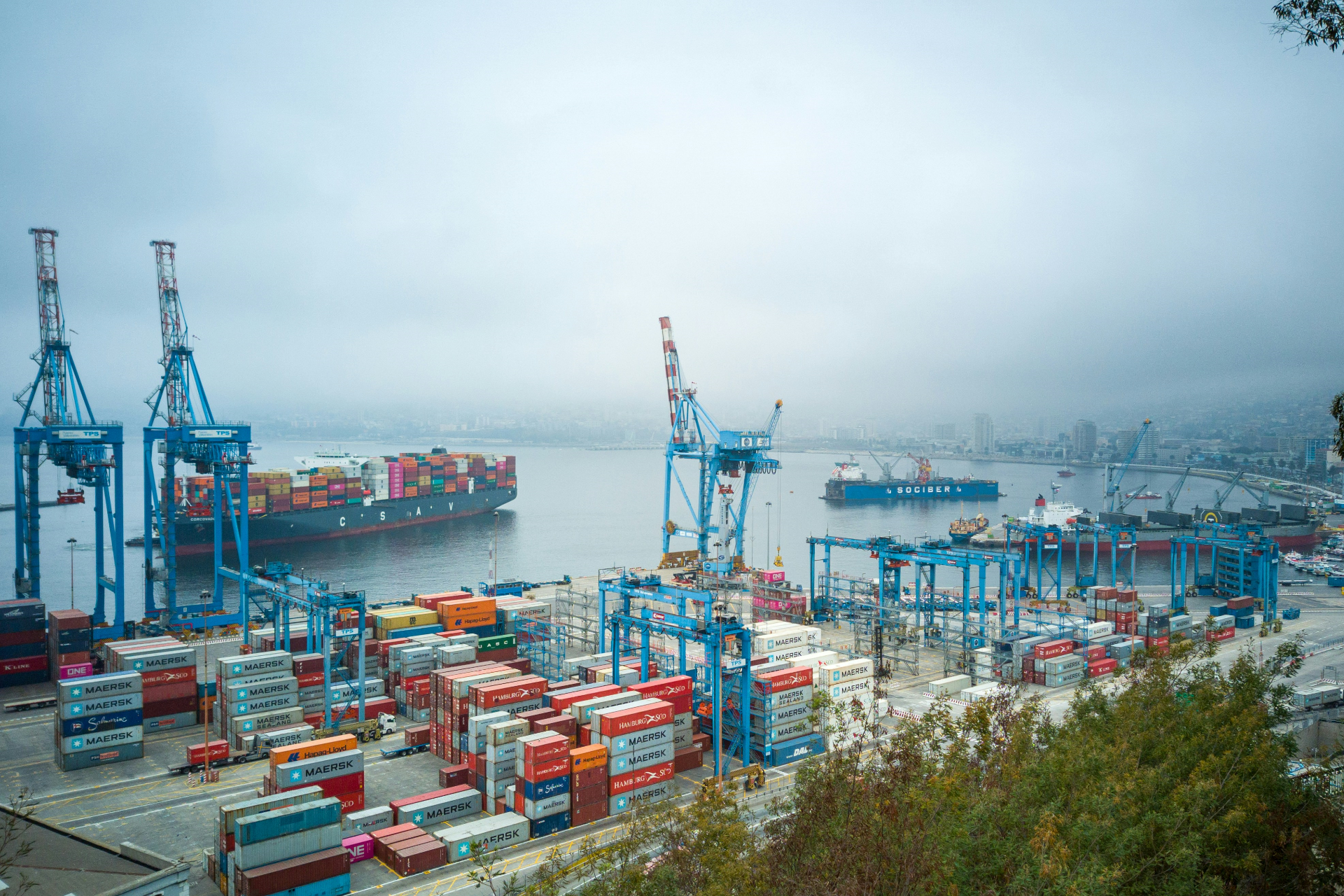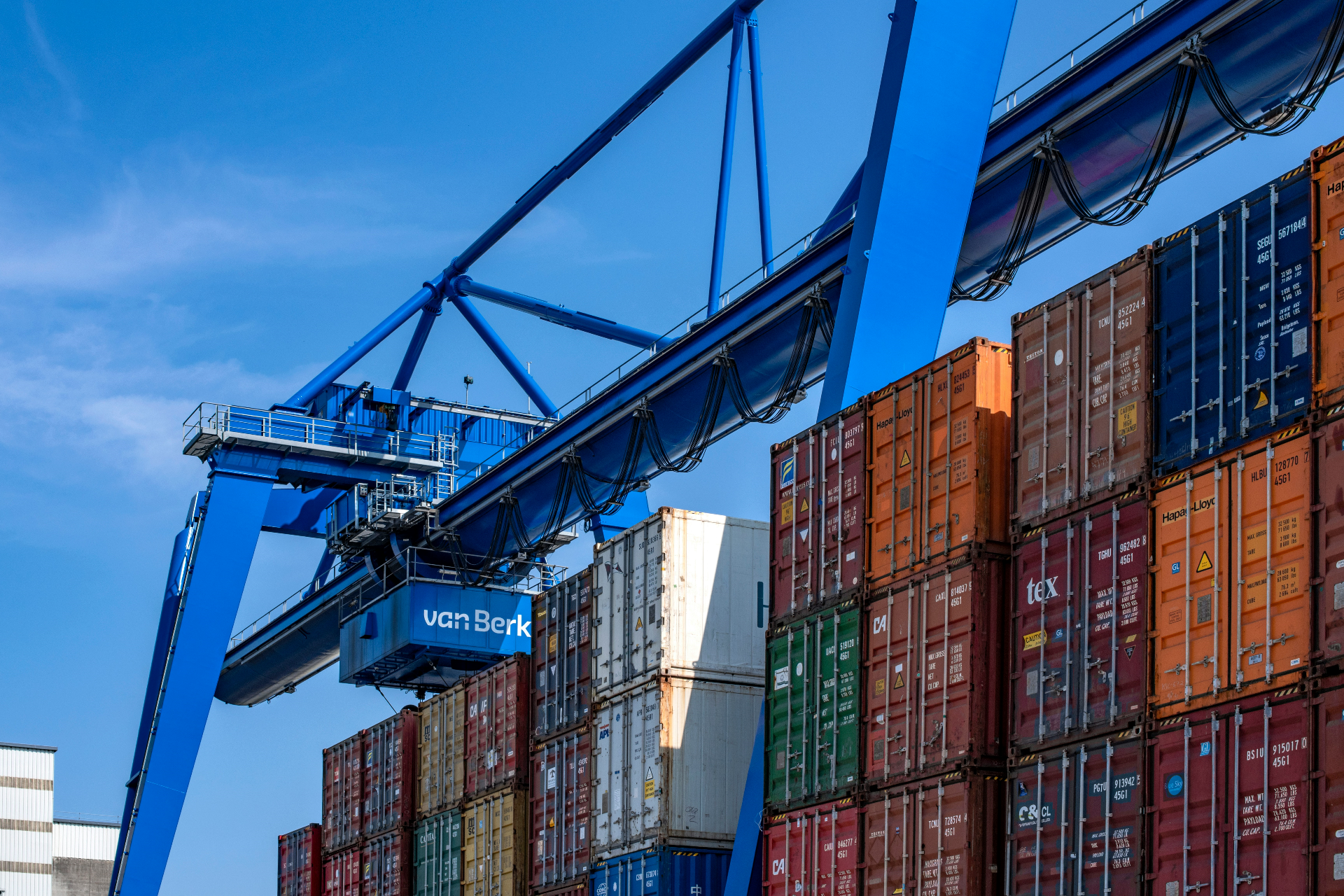Compliance with legal requirements is vital in international trade. Exporters must navigate export control regulations, customs requirements, sanctions and embargoes, intellectual property rights, anti-bribery laws, and more. Establishing a robust export compliance program and seeking professional guidance when needed can help businesses ensure a smooth and compliant export process, avoiding legal consequences and preserving their reputation.
When engaging in international trade and export activities, businesses must navigate a complex web of legal and compliance requirements. Failing to comply with these regulations can result in severe consequences, including fines, penalties, and damage to the company's reputation. To ensure a smooth and compliant export process, it is essential to understand and adhere to the legal considerations involved in international trade.
One of the primary legal considerations in export compliance is adherence to export control regulations. These regulations, implemented by various countries, aim to prevent the unauthorized export of sensitive goods, technologies, or information that could pose a risk to national security or violate international agreements. Exporters must be familiar with the export control laws of their home country as well as the destination countries to ensure compliance.
Another critical aspect of export compliance is customs regulations. Each country has its own customs procedures, documentation requirements, and import duties that must be followed when exporting goods. Compliance with these regulations involves accurate classification of products, proper valuation, and preparation of necessary export documentation, such as commercial invoices, packing lists, and certificates of origin.
Sanctions and embargoes are another legal consideration in international trade. Many countries and international organizations impose trade sanctions or embargoes on specific countries or entities due to political, economic, or security concerns. Exporters must ensure they are not engaging in prohibited transactions with sanctioned countries or entities, as doing so can result in severe legal consequences.
Intellectual property rights protection is another vital aspect of export compliance. Exporters must respect the intellectual property rights of others and ensure that their products or services do not infringe upon patents, trademarks, copyrights, or trade secrets of third parties. It is essential to conduct thorough due diligence and obtain any necessary licenses or permissions to avoid legal disputes related to intellectual property infringement.
Anti-bribery and anti-corruption laws are crucial considerations in international trade. Many countries have stringent laws prohibiting bribery, kickbacks, or other corrupt practices in business transactions. Exporters must have robust internal controls and compliance programs in place to prevent bribery and ensure ethical business practices throughout their export operations.
To navigate these legal considerations and ensure export compliance, businesses should establish a robust export compliance program. This program should include policies and procedures that address export control, customs compliance, sanctions and embargoes, intellectual property rights, anti-bribery, and other relevant legal requirements. Regular training of employees, conducting internal audits, and seeking legal counsel when needed are essential elements of an effective export compliance program.
Related Information



















































